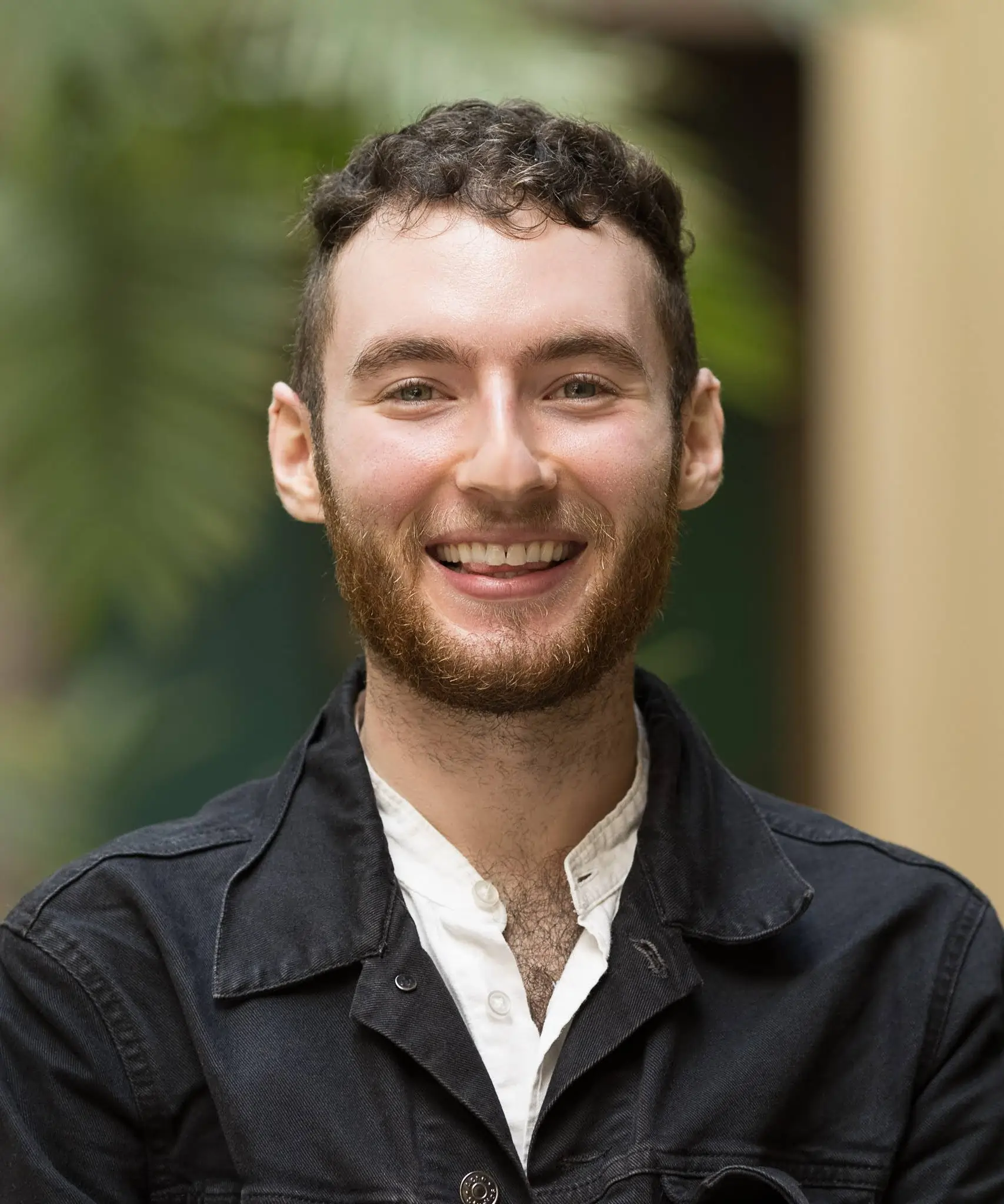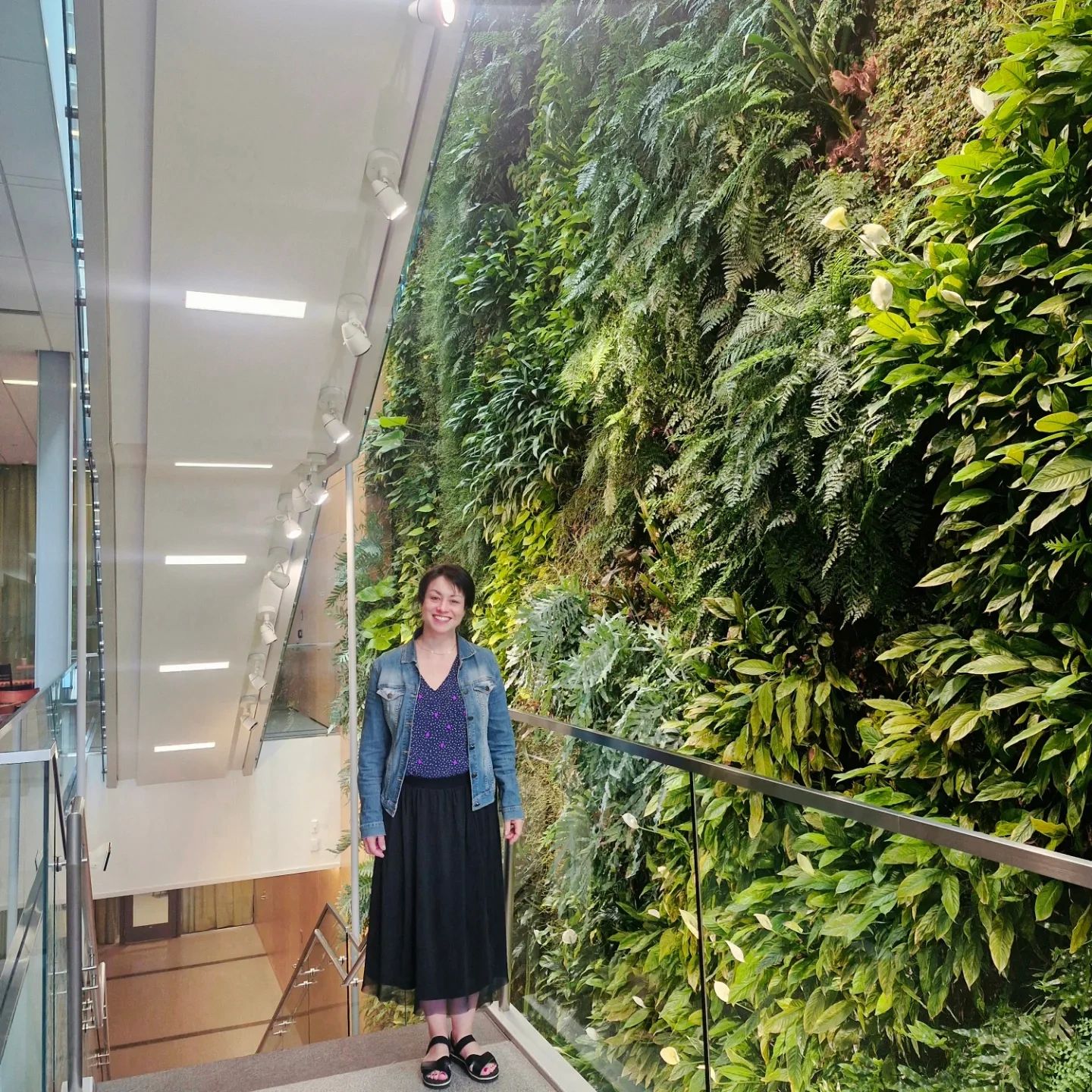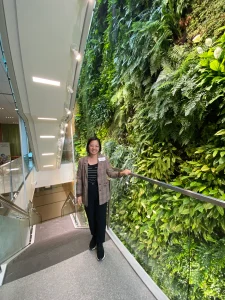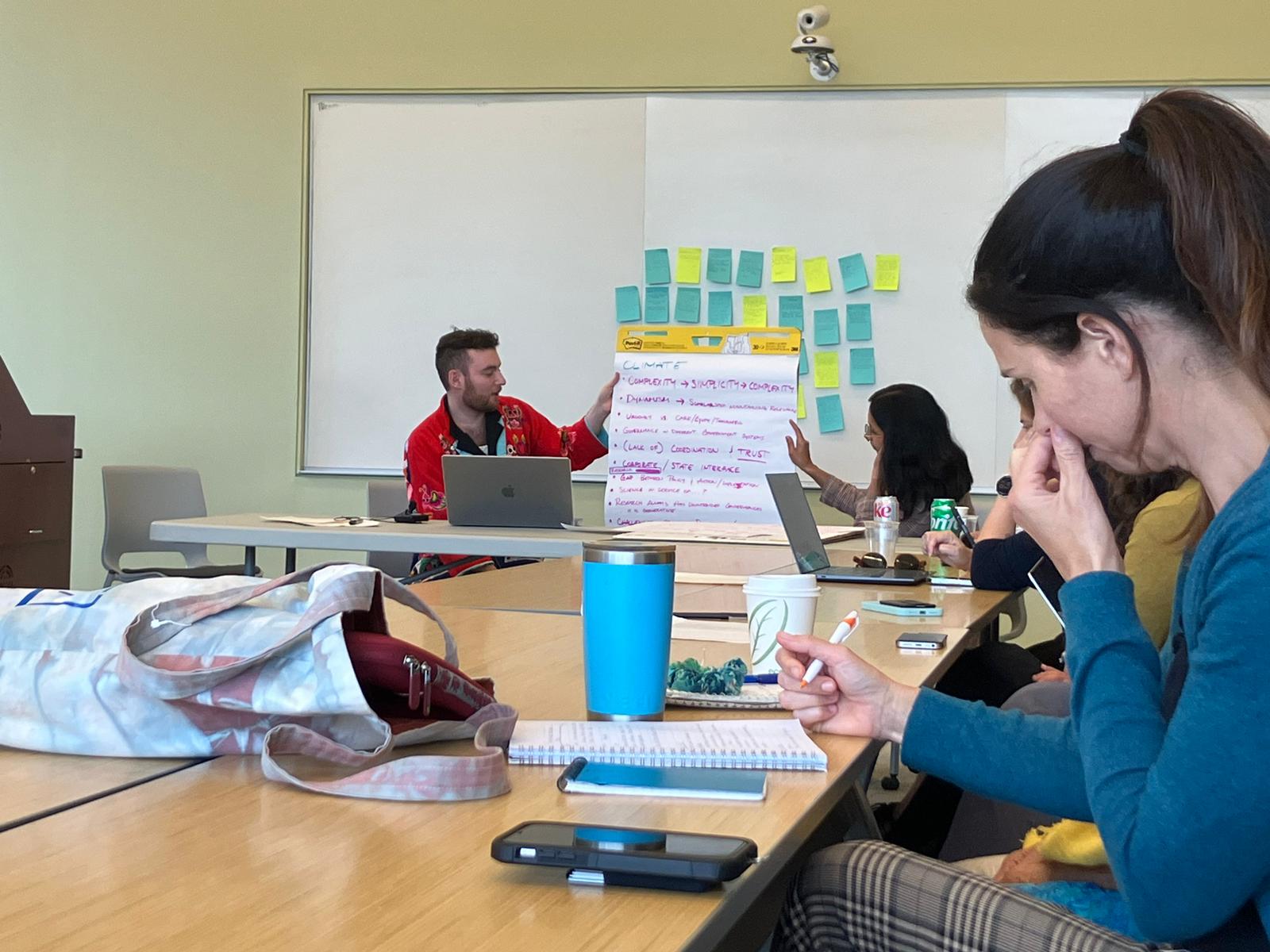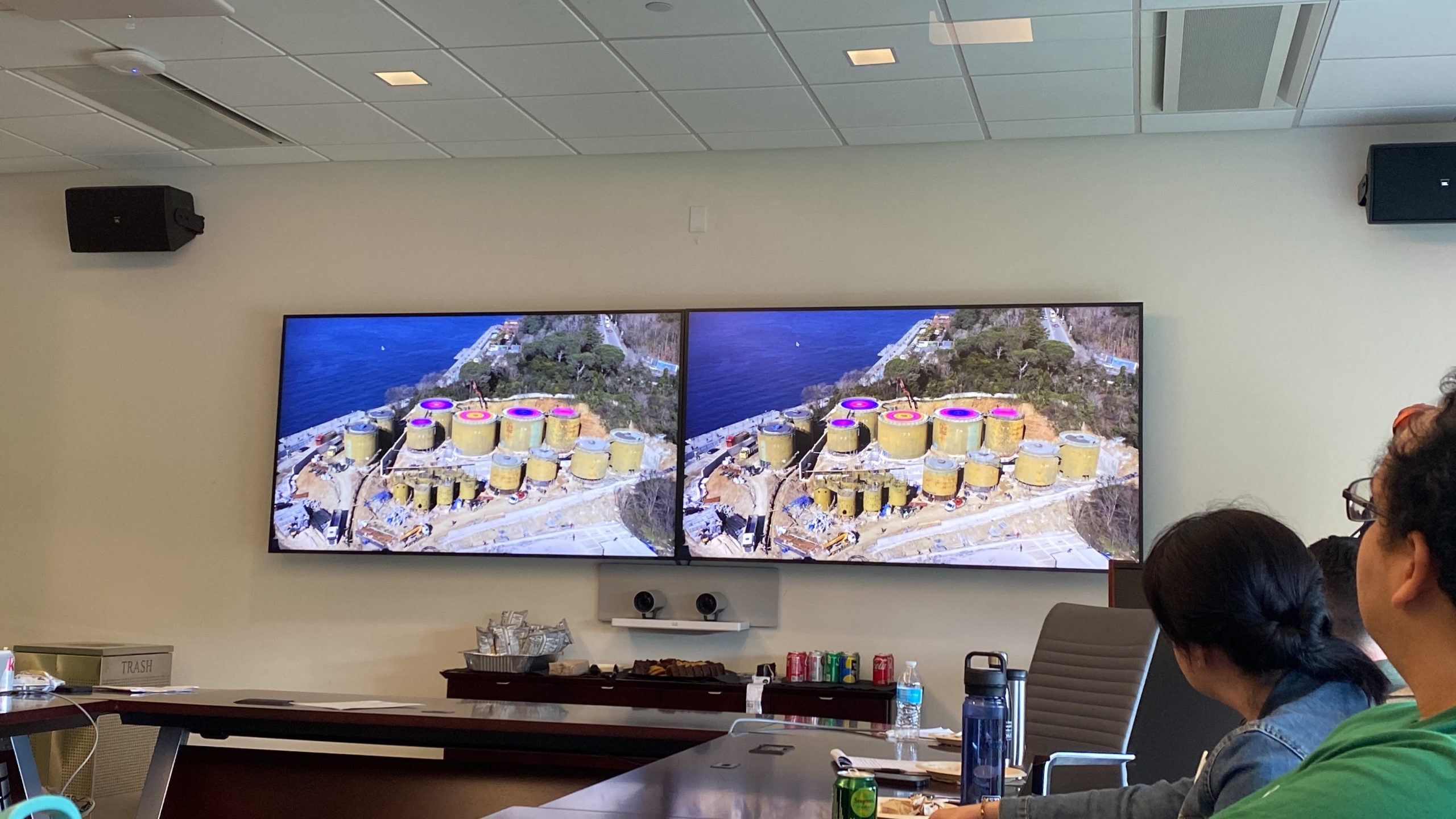Rutgers Climate and Energy Fellowships
Rutgers Climate and Energy Fellowships provide support for early career researchers to participate in RCEI program offerings

M.P.P. Candidate, Bloustein School of Planning and Public Policy
Rutgers, The State University of New Jersey
Award Year: 2025

Award Year: 2025

Award Year: 2025
Sharanya Sahu, a Master's student in Public Policy, is supporting the organization and research activities of the project Mainstreaming AI Where It’s Needed Most: Frontline Community Resilience Hubs during the 2025–2026 academic year. This work is directed by Post-Doctoral Associate Abigail Andrews and Assistant Professor Bernadette Baird-Zars at the Bloustein School of Planning and Public Policy. The project focuses on how artificial intelligence (AI) can be applied to improve the planning and operations of Community Resilience Hubs (CRHs)—local facilities that provide essential services during climate-related disruptions and support long-term community resilience. Sahu will help in conducting literature reviews, identifying best practices, compiling case studies, and contributing to the development of a white paper and future research proposals focused on community-scale climate adaptation.
Md Arafat Hassan, a Ph.D. candidate at Rutgers University in Geography and Zeru Shi, a Ph.D. candidate in Computer Science at Rutgers University are collaborating during the 2025-2025 academic year on AI Detection of Meltwater on the Greenland Ice Sheet under the direction of Professors Asa Rennermalm (Department of Geography), Yongfeng Zhang (Department of Computer Science) and Ruixiang Tang (Department of Computer Science). This project aims to strengthen collaboration between climate scientists and computer scientists to develop advanced tools for detecting and monitoring meltwater runoff from the Greenland Ice Sheet, one of the largest sources of current global sea-level rise. As AI applications in hydroglaciology are still emerging, this collaboration also aims to advance both fields through mutual knowledge exchange.

In January 2025, Professor Kay Bidle (Marine and Coastal Sciences) led a three-day Research Convergence Workshop that engaged early career researchers in transdisciplinary collaboration. Supported by RCEI, the workshop brought together approximately 20 graduate students and postdocs from institutions across the U.S. to actively practice integrating diverse disciplinary perspectives to address complex research challenges. Read more about the workshop and its value to participants here.
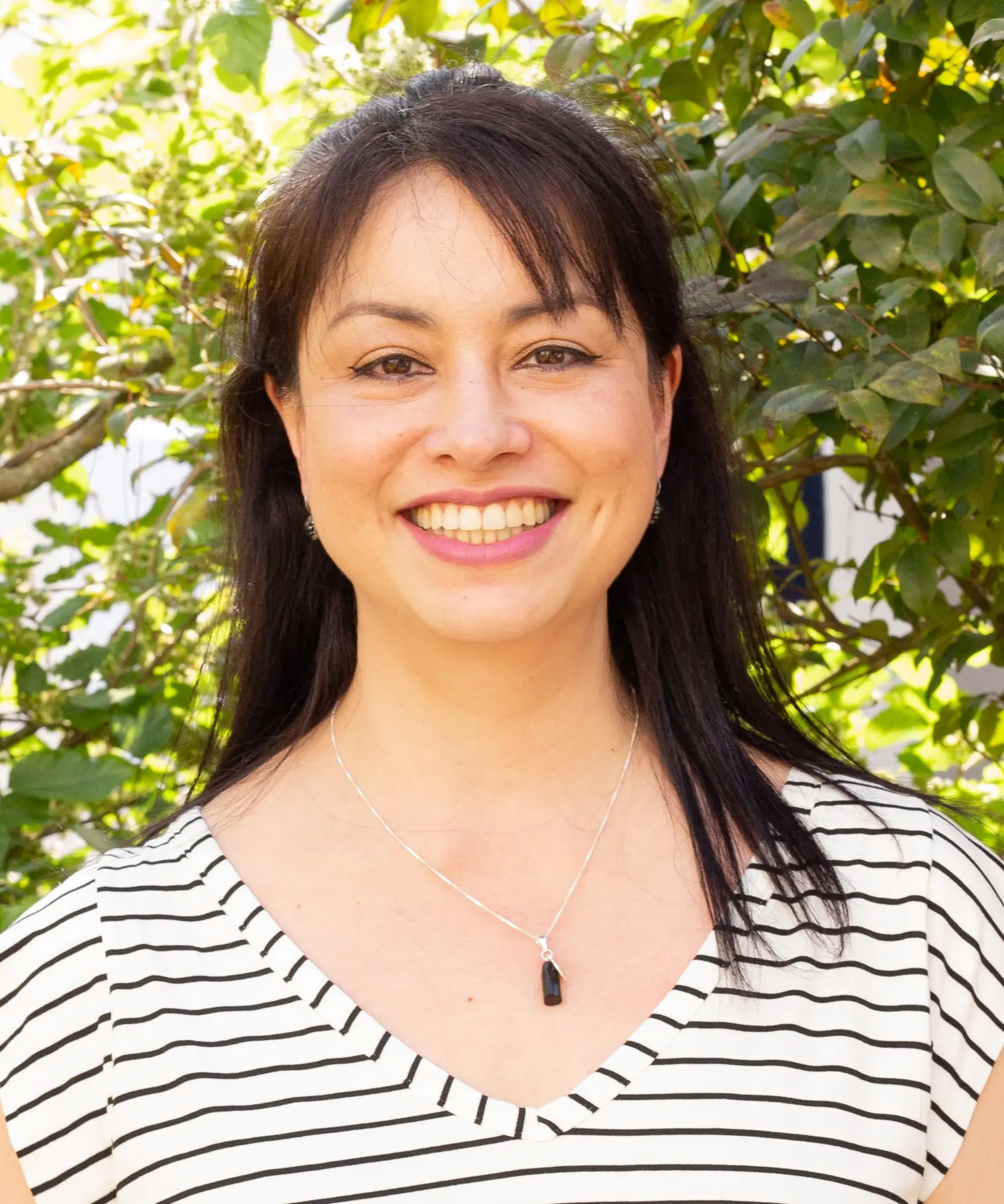
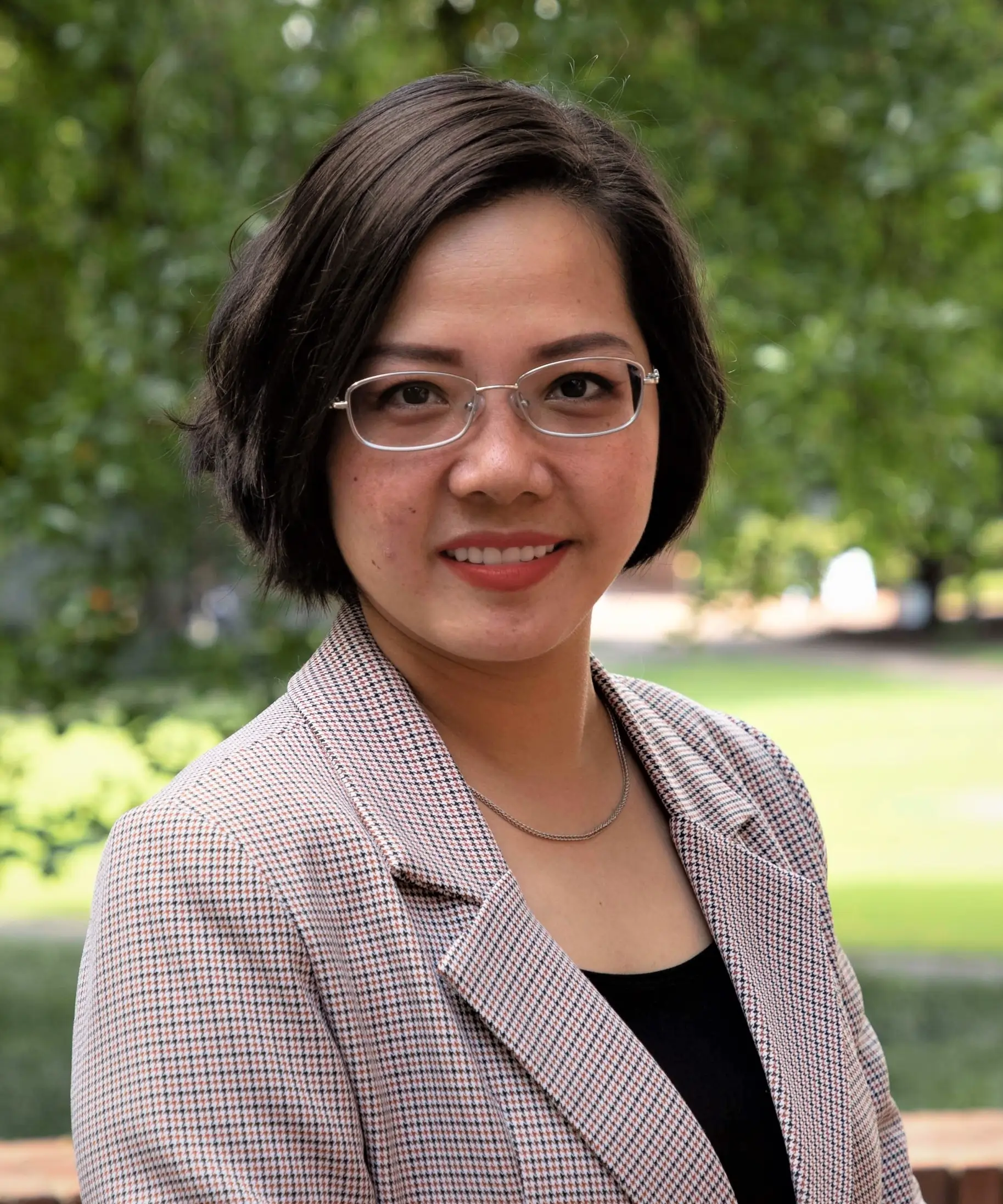
North Carolina State University
